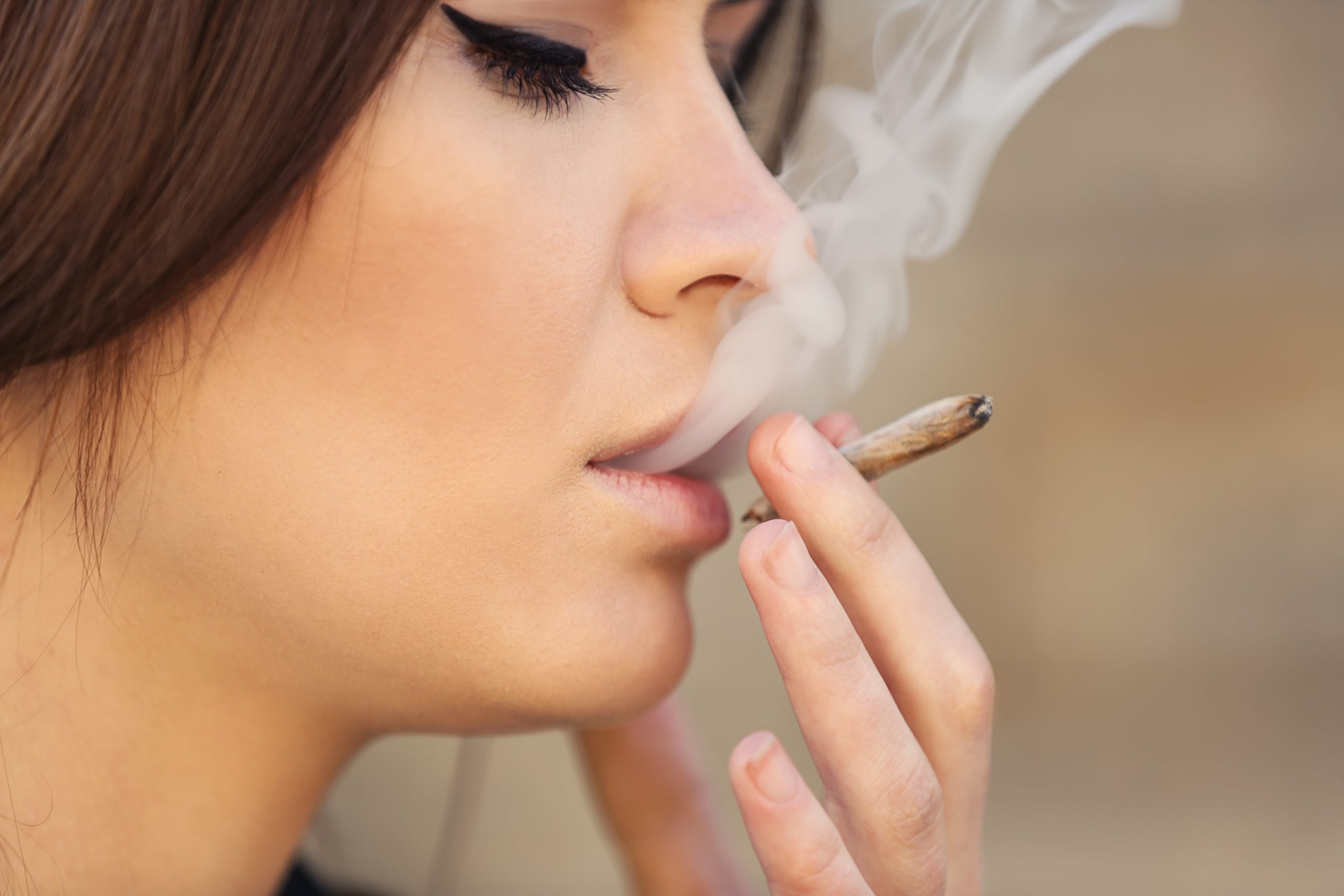In recent years, with more states legalizing marijuana for recreational usage, there has been a shift in the views about this substance. One such change has to do with the subject of marijuana maintenance in recovery. While some people wholly support it, others express concern about the dangers of marijuana maintenance in recovery.
What Is Marijuana Maintenance in Recovery?
The concept of marijuana maintenance in recovery allows people in recovery from alcohol or substance use disorders to exclude marijuana as a substance that cannot be used. Instead, some view marijuana as an acceptable substance that can be used while in recovery.
Those in favor of marijuana maintenance in recovery believe it can be used safely without any impact on the existing alcohol or substance use disorder the person. Furthermore, using marijuana will not compromise a person’s sobriety as it can be used safely without the risk of developing an addiction to it.
Dangers of Marijuana Maintenance in Recovery
Part of any recovery program is learning how to abstain from alcohol and any type of addictive substance. The concern over the dangers of marijuana maintenance in recovery is that it is still a narcotic with addictive properties.
While the drug is not as addictive as other illicit substances, such as opioids or stimulants, simply saying it is legal for recreational use does not justify using it in recovery.
To illustrate, alcohol is a legal substance that many people nevertheless abuse. It, too, has additive properties that cause people to develop alcohol use disorders. As a result, people in recovery do not drink alcohol. Nor should they use marijuana.
Marijuana’s Effects on the Brain
Whether one smokes or consumes marijuana in edibles, the drug contains THC, a psychoactive and mind-altering ingredient. When THC reaches the brain, it stimulates the release of dopamine, a natural neurotransmitter that influences the brain’s reward and pleasure centers.
When people get high using marijuana, THC forces the release of dopamine, leading to the relaxed, euphoric state one experiences. But unfortunately, the brain remembers marijuana use as a positive behavior. As a result, the brain will start to develop a craving for this drug.
Just like other misused substances, the body builds up a tolerance to marijuana. So, to achieve the desired euphoric state, one must use large amounts of marijuana. This cycle of increased tolerance and increased drug use continues as the person becomes further dependent on the drug. Eventually, they can find themselves addicted to marijuana.
Why Can’t I Use Marijuana in Recovery?
It is for this reason many people oppose using marijuana maintenance in recovery. All a person in recovery is essentially doing is substituting one substance for another. They have already demonstrated they have addictive tendencies. Therefore, it can be relatively easy for them to substitute marijuana for alcohol or another drug.
Furthermore, the risk of relapse increases because the person has not actually become sober or undergone a complete detox. According to the National Library of Medicine, when an individual has access to use a drug once, it can lead to relapse and a return to uncontrolled substance misuse.
Additionally, a physical relapse can also trigger a mental relapse. Mental relapse is when someone begins to bargain with themselves about using or starts to experience uncontrolled or obsessive thinking about their substance of choice.
Continued use of marijuana maintenance in recovery can further degrade one’s ability to abstain from falling back into a pattern of substance misuse. There is also a high likelihood that one could become addicted to marijuana.
Better Approaches in Recovery
SAMHSA defines recovery as “a process of change through which individuals improve their health and wellness, live self-directed lives, and strive to reach their full potential.” Everyone’s recovery journey is highly personalized and unique to themself.
Keeping this in mind, some better approaches in recovery than marijuana maintenance include:
- Personalized Addiction Treatment Plans
- Medically Supervised Detox
- Peer Support
- Family Support
- Group Counseling
- Individual Therapy
- Self-Care
- Faith-Based Support
- Medication-Assisted Treatment (MAT)
In addition, one measures one’s recovery progress by the improvements in their physical and mental health and well-being, along with the ability to manage cravings and setbacks. Using marijuana maintenance in recovery undermines the very foundation of recovery from alcohol and substance use disorders.
Avoid the Dangers of Marijuana Maintenance with At-Home Detox
As evident, marijuana maintenance in recovery has dangers that undermine long-term sobriety and one’s ability to avoid relapse. When you want help overcoming alcohol and substance misuse, MD Home Detox provides access to at-home medically supervised detox in Beverly Hills and the Los Angeles area. Our concierge-level detox programs allow you to detox from the comfort of your home safely. After completing detox, thanks to our extensive network of preferred professionals, we can better help you understand what recovery processes will help support your short-term and long-term sobriety goals. To start your medically supervised detox or for further information about our personalized detox treatment programs, contact us today.

